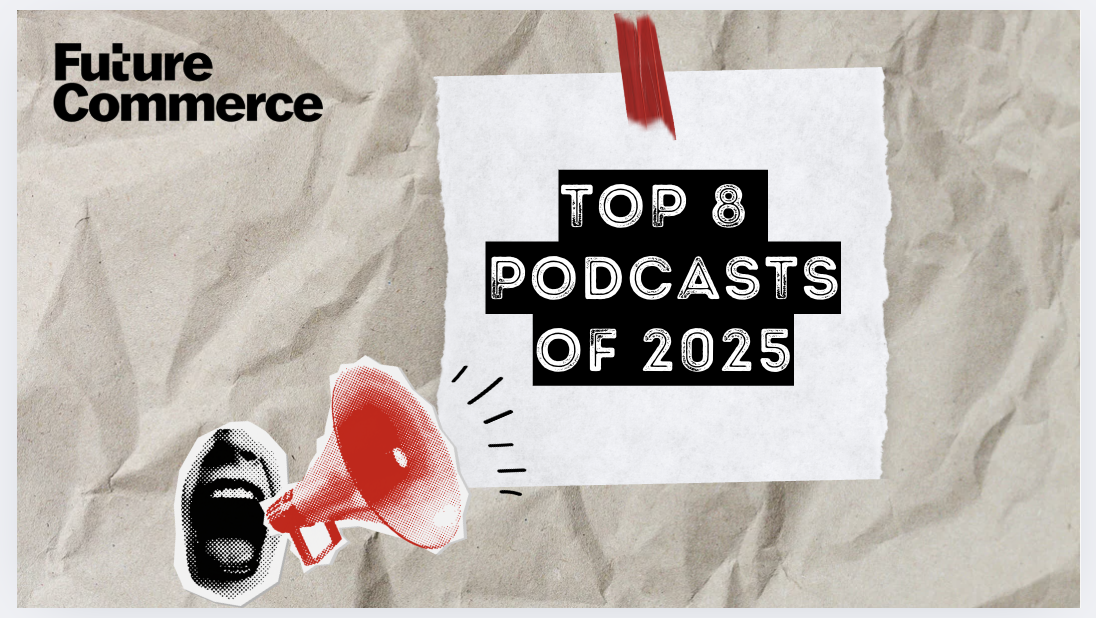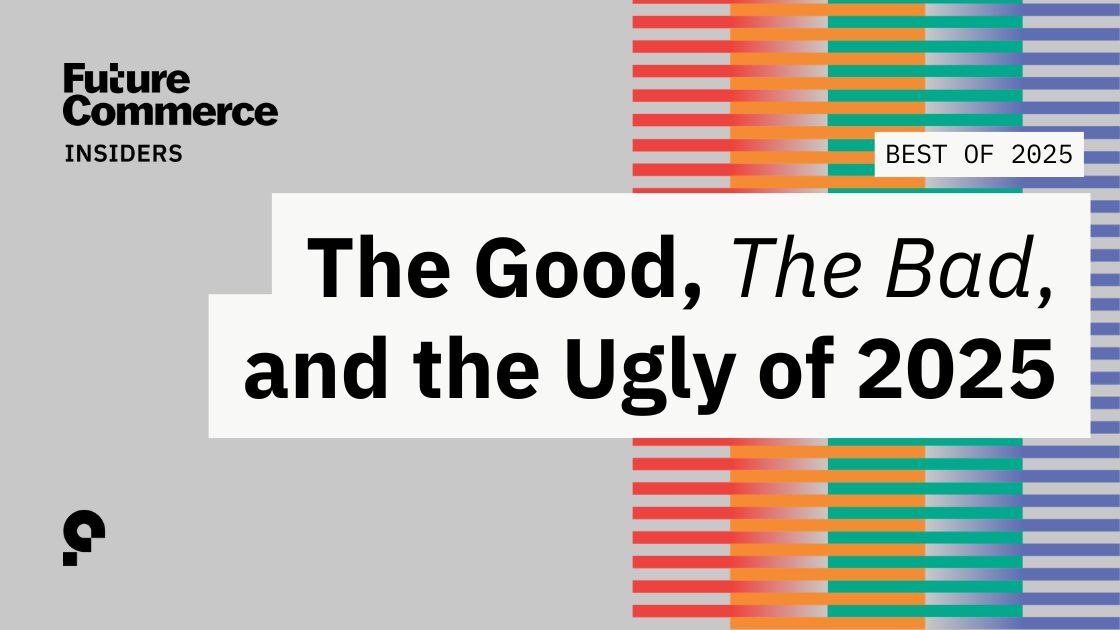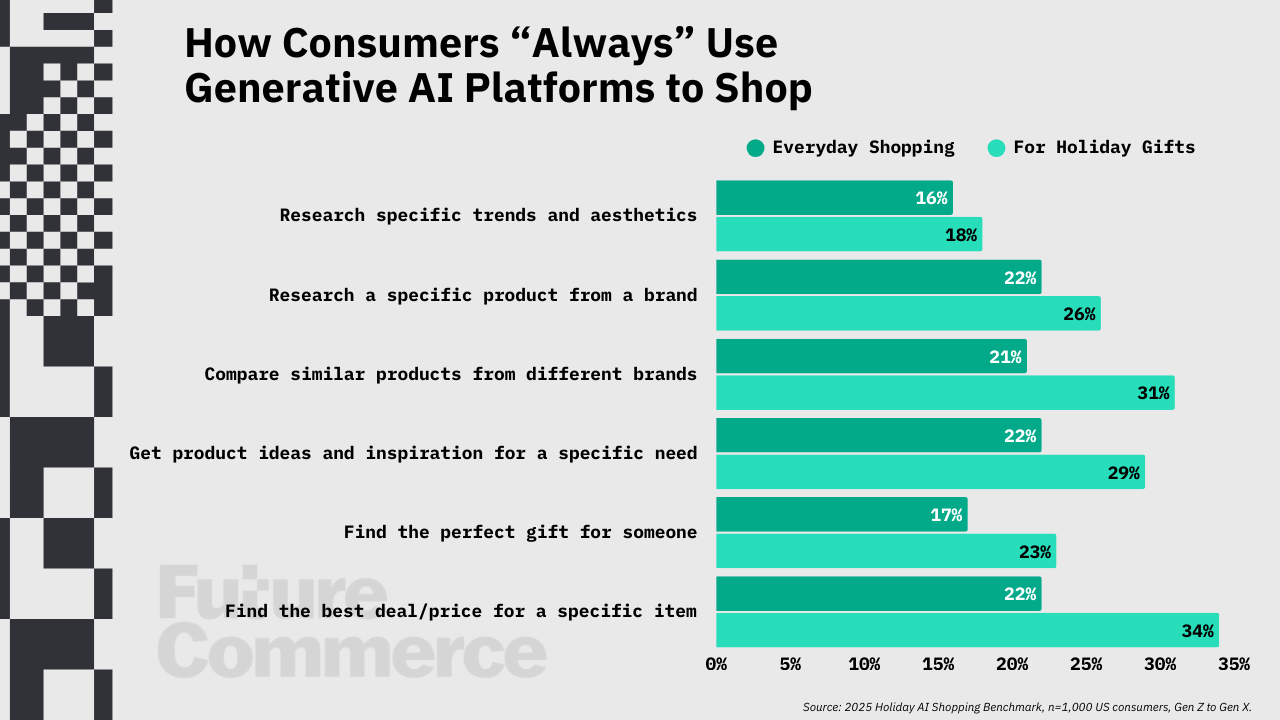
Why is High Fashion so Horny for Homelessness?



Solar Sounds. Adidas is officially selling solar-powered headphones whose batteries boast 80 hours of reserve life, even in a pitch black environment.
Cinematic Slump. Regal Cinemas’ owner, Cineworld Group Plc, will be filing for bankruptcy in the coming weeks, as post-pandemic attendance remains low.
More Sights & Sounds. Regulators and competitors are eyeing Chrome and Safari as part of an antitrust investigation into the browsers, which control over 80% of the market together.


Getting Trashed. Kanye West’s Yeezy Gap collection — which was inspired by the homeless and is displayed on salesfloors in what looks like giant trash bags — is under fire for its insensitivity to the plight of actual human struggle and suffering. Not surprisingly, West defended the choice, saying “I’m an innovator, and I’m not here to… apologize for my ideas.”
Our Take: If you recall, Balenciaga caused a similar hoopla back in May with the release of their “Paris Sneaker” which retailed for $1,850. Moves like these in high-end brands tend to call attention to how wide the gap (pun maybe intended) really is between the rich and the poor. I think Lucille Bluth explained it best when she said, “I mean, it's one banana, Michael. What could it cost? 10 dollars?”
Brian Lange touched on the topic of these anti-designs in one of our Insiders pieces
If all the power is on one side of the transaction (your customers’), you have no recourse, no ability to shift, no ability to lead your customers to where you want to go. What’s potentially even more dangerous is not knowing how much power you wield... There are the rare cases of brands pushing against “known” winning strategies. Current brutalist designs and anti-designs are one form of this power-testing. — Insiders #80: Rethinking Brand Power Structures
Double Dipping. A Lululemon store in NYC was robbed of over $16,000 in merchandise over the course of two incidents in one day, which police say is part of a larger crime ring they are trying to take down. Because of the dollar amount stolen, this shoplifting spree is classified as “grand larceny.”


When Life Steals Your Lemon(ade). Chipotle has been getting robbed (un-blindly). Super stealthy-sneaky customers have been filling their free water cups with lemonade, and the company — which is not an idiot, and noticed the gap between sales and inventory — has responded by making a “water” cup candle. The candle looks just like their water cups, but holds a pale yellow lemonade-scented candle. Around here, we call this a “celebration of insincerity,” which is a theme in our most recent Visions Report. Or, maybe… it’s just celebrating theft.
Def Not a Wannabe Siren. Russia has reopened its version of Starbucks, known as “Stars Coffee,” and it’s starting to feel like these “new” national brands are all part of some weird simulation world when shops are just near puns of reality. Also, how are they not getting sued for brand and copyright infringement? They’re not even trying to re-invent the—bean—or whatever.

That Post-Pandemic Polish. The pandemic brought about many changes and fresh realizations in our lives. One thought that seems to have emerged somewhat under the radar may be the idea that being a blonde is actually less fun. For months during quarantine, salon junkies went without being able to maintain their highlights and perfectly processed platinums — and it seems to have made them reevaluate if the look still suited them and their lifestyles. Stylists are noticing that clients are leaning toward less upkeep, healthier hair, and more depth in their color choices.
A Winner Never Quits? You may have seen the term “quiet quitting” floating around lately describing employee behavior in the workplace, where workers don’t quit, they just do less work at their current jobs. (It’s likely another outcome of the pandemic and all that time we had to think). NPR says the term may just be a misnomer for people actually setting boundaries in the workplace — not going above and beyond without proper compensation, not volunteering for tasks outside one’s job description, not cranking out hours after 5 pm so the boss knows they’re a “real one.” Workers are choosing time with friends and family, as well as for themselves, over trying to impress their employers. And maybe that’s a really healthy thing.











.svg)
